Israeli forces summon another Palestinian for interrogation over young son’s stone throwing
Israeli police have summoned a Palestinian resident of the occupied East Jerusalem al-Quds neighborhood of al-Isawiyah on allegations that his young son had thrown stones at Israeli military forces – marking the second such incident in recent days.
Firas Obaid received a warrant on Tuesday asked him to come to an Israeli police station for interrogation, after his six-year-old son Qais was accused of throwing stones at Israeli officers patrolling Isawiyah.
The Palestinian father showed up at the police station on Wednesday morning, and was allowed to leave after questioning.
Earlier, Firas Obaid had denied the Israeli police’s claims in an interview with Palestine's official Wafa news agency, saying that Qais had in fact thrown a cardboard container of juice on the ground, which was mistaken by Israeli forces for a stone.
The father said the police officers chased his son home and then entered the family's house, and issued the warrant.
The development came on the heels of a similar incident, where another Isawiyah resident, identified as Rabiaa Elayyan, was interrogated by Israeli police over alleged stone throwing of his four-year-old son, Mohammad, at Israeli police officers.
The Palestine Liberation Organization (PLO) condemned Elayyan’s interrogation in a statement, saying the move was meant to “terrorize the Palestinian people and convey the message that no one, not even the United Nations, the UN Security Council and all other UN organizations, can protect Palestinians from the brutality of the Israeli occupation.”
Israeli police spokesman Micky Rosenfeld described the summoning of parents for alleged acts committed by their children as a “standard procedure,” adding, “It’s an educational process and at the same time community policing to deal with that incident.”
He went on to say that no police officers were injured in the alleged stone-throwing incident involving Mohammad.
Jawad Siam, director of the Wadi Hilweh Information Center – Silwan, said the interrogation summons is part of a broader policy to exert pressure on Isawiyah’s residents.
“It’s a way to put pressure on the family, on the people. They know they cannot arrest them, they cannot put them in jail - but it’s a kind of terror against the children,” he commented.
Siyam said residents of Isawiyah have been under a lot of pressure to stop their acts of protest against regular raids and arrests by the Israeli army and police, and frequent home demolitions.
“It’s collective punishment against Isawiyah. They want people there to give up to police. But the fact is that people do not want to welcome the police.
“It will not work. Especially after the killing of Mohammad Obaid, the village exploded much more than before. And still they’ve put pressure, they’ve put checkpoints, tickets, collective punishment. They think that if they teach [Isawiyah residents] how to punish the children, they will also learn,” he said.
Iran relies on natural gas for nearly 90% of its power demand: Expert
US embassy in Beirut blocks Iraq-Lebanon humanitarian air bridge
VIDEO | UK's Starmer targets journalists
Israel plans to displace Palestinians in occupied West Bank: Hamas
Iranian airlines ramp up Istanbul route flights after EU sanctions
British protesters slam UK’s complicity in Gaza genocide on Balfour day
US surgeon haunted by Gaza children with ‘single gunshot wounds to head’
VIDEO | Iran's possible retaliation against Israel




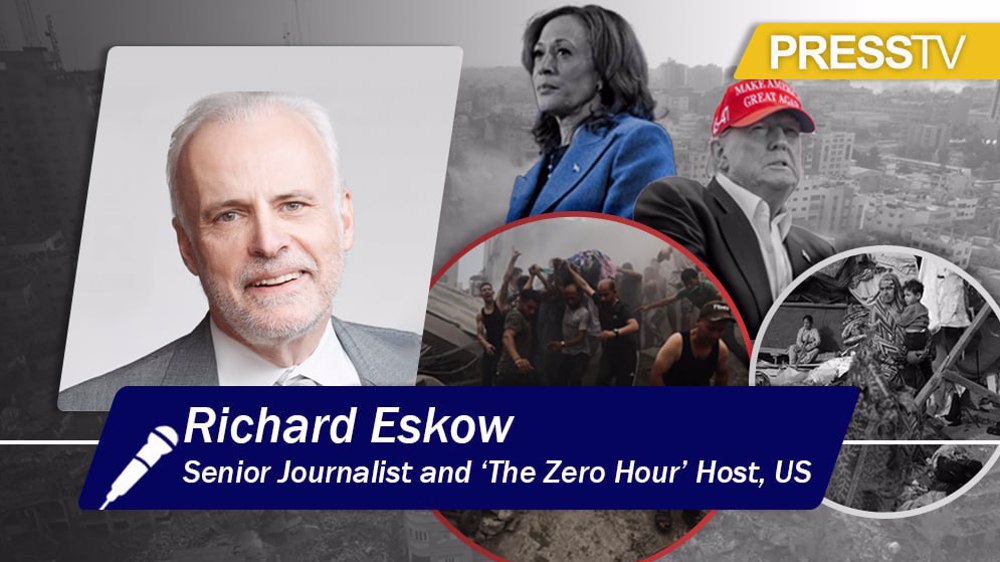
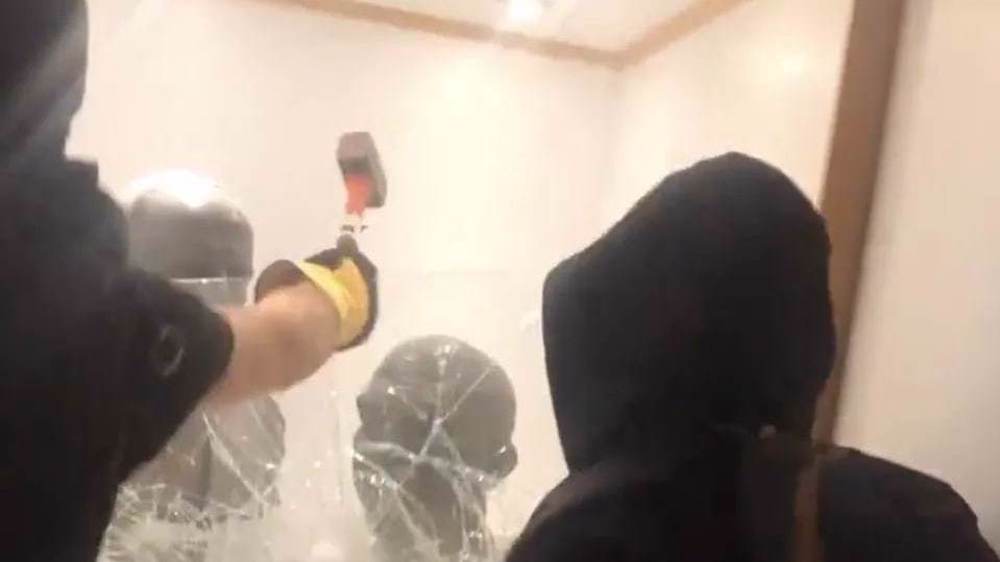
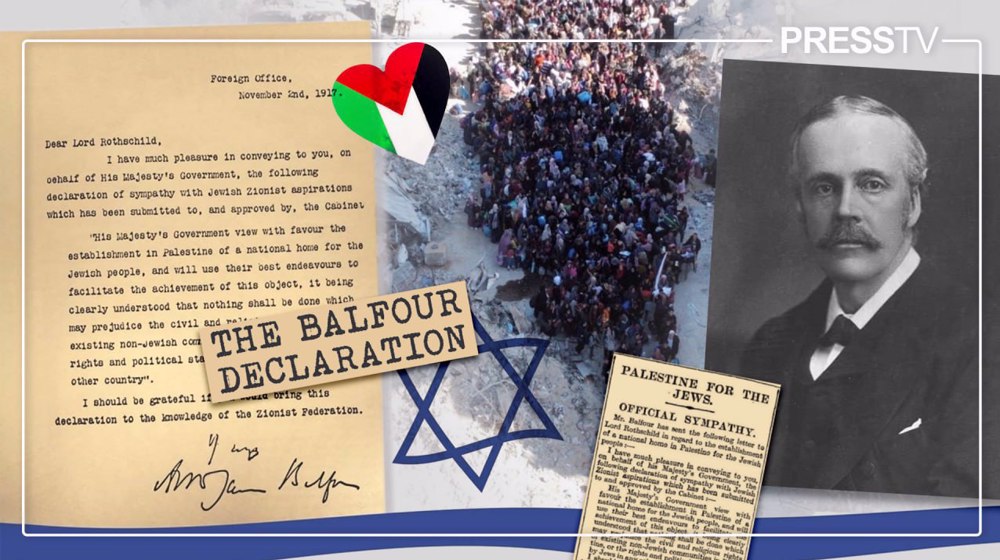



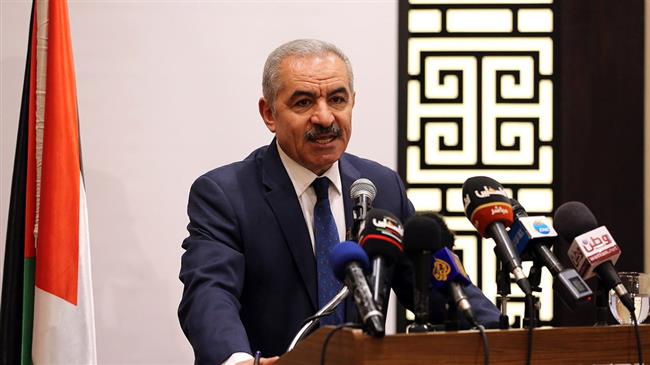


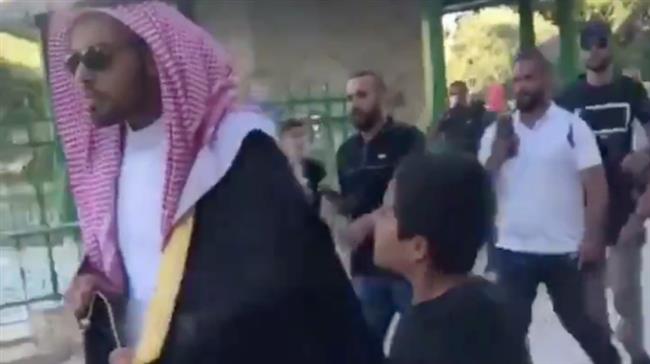


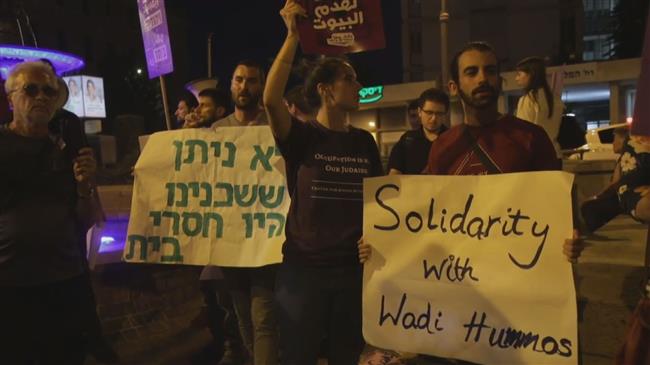
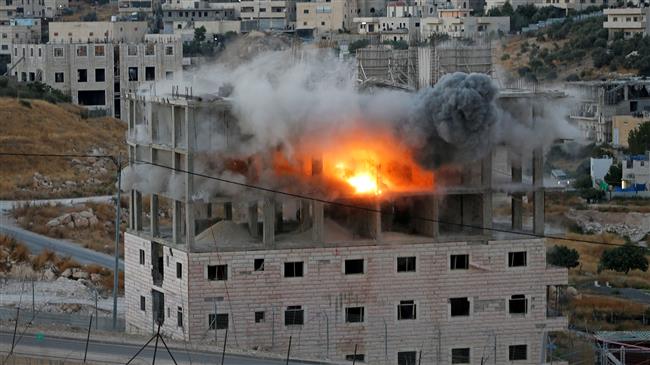

 This makes it easy to access the Press TV website
This makes it easy to access the Press TV website